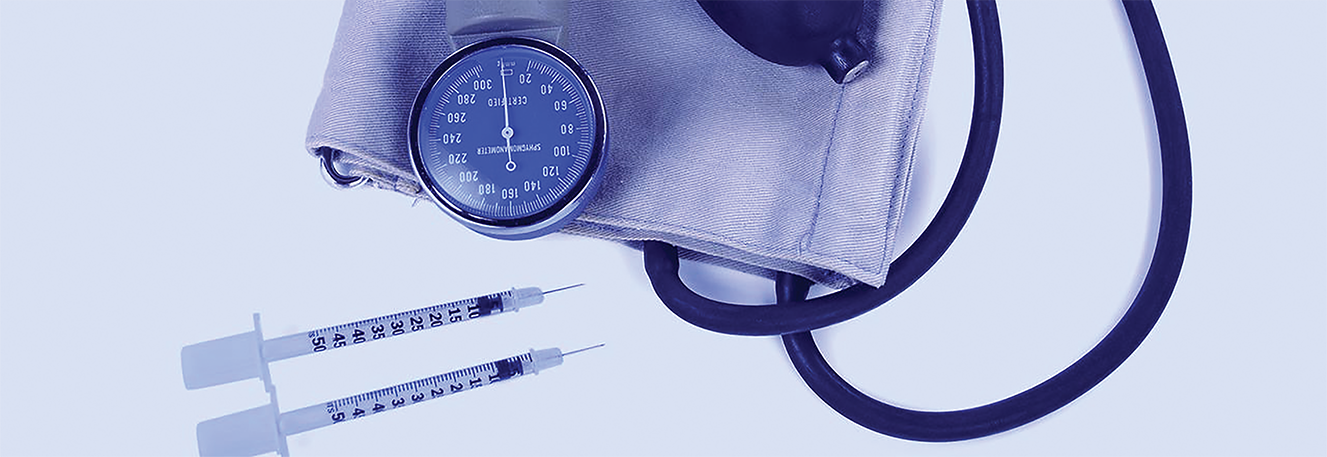TRIALS: One injection of zilebesiran every six months could replace daily blood pressure pills for some patients…
By Own Correspondent
LONDON — Millions with high blood pressure struggle to control it, even while taking medication every day.
But a ground-breaking new drug called zilebesiran has shown that just one injection every six months, when added to standard pills, can significantly lower blood pressure by 4 to 12 points depending on the medication it’s combined with. The results offer new hope for patients who find daily pills difficult to manage.
The new data come from a phase 2 trial known as KARDIA-2, which followed 663 adults with uncontrolled hypertension. Researchers found that people who received zilebesiran in addition to their usual medication saw significantly greater drops in blood pressure than those who took pills alone. The experimental treatment works by targeting the liver’s production of a key protein that drives high blood pressure, and its effects appear to last for months at a time.
Unlike most current treatments, zilebesiran doesn’t just block the effects of the body’s blood pressure system, it shuts it down at the top. The drug works by using RNA interference to suppress the production of angiotensinogen, a liver-derived protein that kicks off the renin-angiotensin-aldosterone system, the body’s central blood pressure control pathway.
Earlier trials found that a single 600 mg injection of zilebesiran led to a drop in angiotensinogen levels of around 90% within two weeks, and those levels stayed low for six months. While most blood pressure pills wear off within hours and must be taken daily, zilebesiran keeps working quietly in the background.
In the KARDIA-2 trial, researchers tested zilebesiran alongside three common medications: indapamide (a diuretic), amlodipine (a calcium channel blocker), and olmesartan (an angiotensin receptor blocker).
At three months, people receiving zilebesiran saw additional blood pressure drops compared to placebo groups who took only daily medication.
These reductions are clinically meaningful. Research shows that every 10 mm Hg reduction in systolic blood pressure can cut the risk of major cardiovascular disease by 20%, coronary heart disease by 17%, and stroke by 27%.
For patients who follow their medication regimen but still have high blood pressure, an extra drop of 4 to 12 points could be the difference between high risk and protection.
Even after three months — when doctors were allowed to adjust other medications — patients who had received the zilebesiran injection continued to show better blood pressure control than those on standard pills alone.
Globally, 1.28 billion adults aged 30–79 years have hypertension, but nearly half don’t even know they have it. In the U.S., only about 1 in 4 people with hypertension has their condition under control. The issue isn’t just the effectiveness of the medication—it’s how hard it is to take those medications consistently.
“Hypertension is a global health concern as blood pressure control rates remain poor and is a leading cause of heart attacks and strokes. This study demonstrates the efficacy and safety of zilebesiran, when added to commonly used first line blood pressure lowering drugs,” said Dr. Manish Saxena, Clinical Co-Director of the William Harvey Clinical Research Centre at Queen Mary University of London, in a statement. “The novelty of this treatment is its long duration; giving just one injection every six months could help millions of patients to better manage their condition.”
People with high blood pressure often need multiple medications, taken at different times of day, to stay within healthy limits. But taking daily pills is hard to remember, especially for a condition that often causes no symptoms. A twice-yearly injection could help reduce those obstacles.
What about safety?
The most common side effects from zilebesiran were injection site reactions, mild hypotension, hyperkalemia (elevated potassium levels), and temporary kidney changes.
In nearly all cases, these issues were mild and resolved on their own within a few weeks. No deaths were reported during the six-month trial, and no adverse effects led to participants dropping out.
Still, more data are needed. Another trial, KARDIA-3, is already underway, targeting people with uncontrolled hypertension who are on two to four different drugs and are at higher cardiovascular or kidney risk. Before the treatment can be approved, it will need to pass through larger phase 3 trials and safety reviews.
For millions of people whose blood pressure remains stubbornly high despite daily medication, zilebesiran may represent a new treatment frontier.
While not a replacement for pills just yet, this twice-a-year injectable therapy offers a glimpse into a future where managing hypertension isn’t a daily burden—but a routine doctor’s visit that lasts just a few minutes and protects your heart for months. – StudyFinds
































